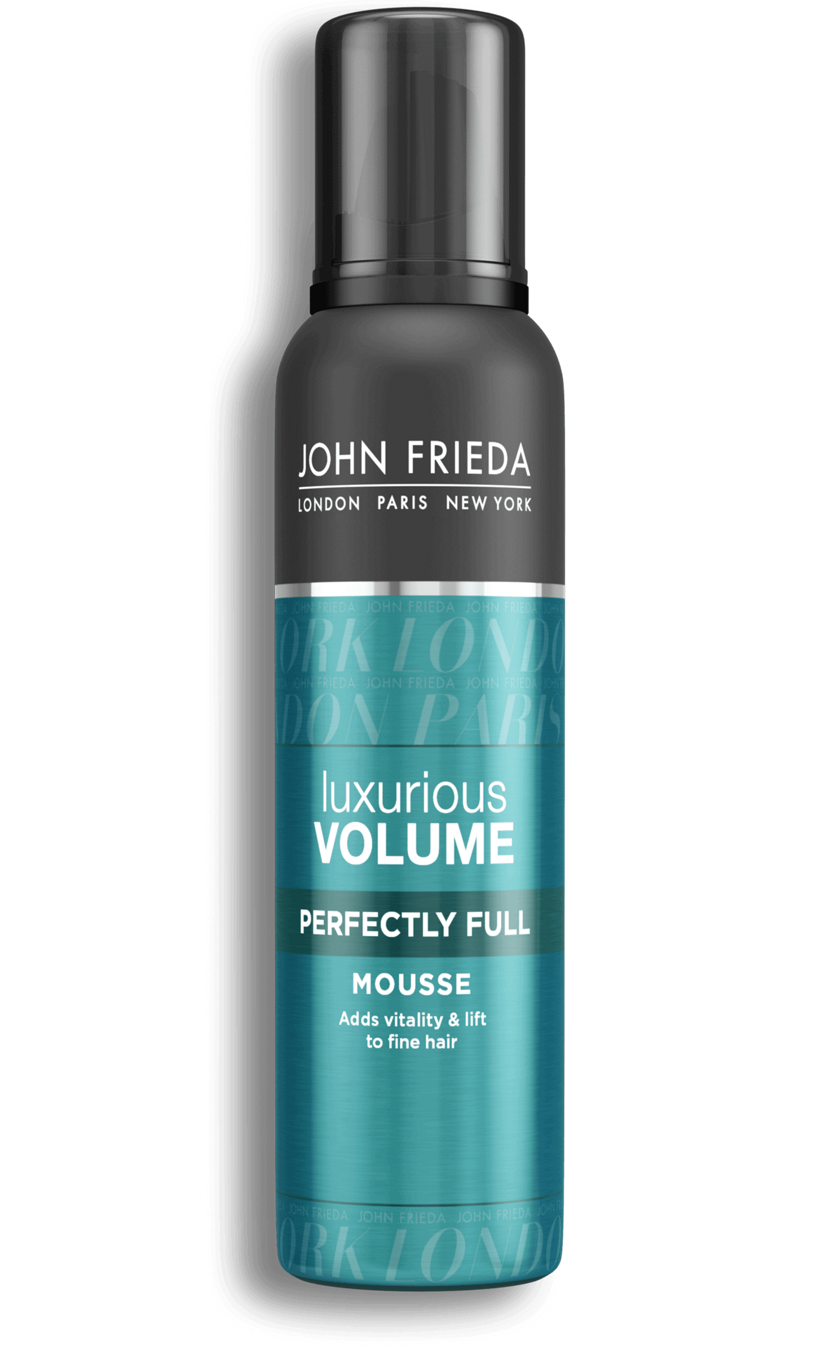Fortunately, there is no need to put up with it any longer as easy, effective alopecia treatments are right within reach, ranging from natural options to conventional approaches. I don’t know where you live and what treatments there are in your region.
Can Menopause Cause Hair Loss, Declining oestrogen and progesterone levels, the biggest hormone changes in menopause, can result in some women noticing that their hair has become weaker and thinner and grows more slowly than it used to. The patient has heart rhythm issues (like atrial fibrillation)

For women experiencing menopause hair loss, the hair loss is almost always the result of fluctuating hormones. And, if that isn’t enough, millions of women experience hair loss during menopause. The principal androgens are testosterone and androstenedione. However, there are other factors that can cause thinning hair during menopause.
Menopause is one of the major causes of hair loss as women enter middle age.
Just like hair loss, initial changes in hair regrowth take time and can be subtle before they are noticeable to the naked eye. Sagging and loss of plumpness collagen is a. “an individual has some other hair loss condition besides androgenetic hair loss, such as dissecting cellulitis or menopause. Every person naturally loses between 50 and 100 hairs a day. More loose hair seems to be apparent after washing and hairbrushes get clogged with excess hair. We believe this is probably hormonal,.
 Source: laylahair.com
Source: laylahair.com
During menopause, there are decreased levels of estrogen or oestrogen and an increase of male hormones called androgens. Menopausal hair loss can be upsetting and cause anxiety, but is not usually a sign of an underlying medical disorder, unless accompanied by other symptoms. The lowered production of estrogen and progesterone makes hair grow slowly and become thinner. And introduction to.
 Source: aportesdreamalive2.blogspot.com
Source: aportesdreamalive2.blogspot.com
However, there are other factors that can cause thinning hair during menopause. Many women suffer from hair loss when going through the menopause. �women who have a family history of common balding may also have genetically hypersensitive hair follicles which pick up male hormone signals more readily. Menopause and perimenopause can cause many unpleasant symptoms for women, including hot flashes,.
 Source: rejuvenatehairtransplant.com
Source: rejuvenatehairtransplant.com
We believe this is probably hormonal,. And introduction to hair loss and menopause. Medical treatments that will help. To know the exact cause of menopausal hair loss, a detailed medical history and some diagnostic tests can help determine risk factors. Because changes to hair during menopause can be a scary thing, we’ve created a helpful guide.
 Source: advancedhair.com.au
Source: advancedhair.com.au
It’s not a stated symptom of the condition. If you begin to lose more than this, you may notice areas of baldness on your scalp, clumps of hair coming out when you wash or brush your hair, or thinning of hair around the front and sides of. �women who have a family history of common balding may also have genetically.
 Source: elite-aesthetics.co.uk
Source: elite-aesthetics.co.uk
Hair loss is a common symptom during menopause, but. While we do not know the exact mechanism of action of the hair loss, we do know that [females] in menopause experience a progressive reduction in the density of terminal (thicker) hairs, says williams. The principal androgens are testosterone and androstenedione. According to the cleveland clinic, it is estimated that over.
 Source: pinterest.com
Source: pinterest.com
Androgens also play a role in the hair loss during menopause as they shrink the hair follicles, contributing even more to hair loss. “an individual has some other hair loss condition besides androgenetic hair loss, such as dissecting cellulitis or menopause. The deficiency of oestrogen in menopause means women often experience more hair shedding, slower growth, finer hair, generalised hair.
 Source: menopausereliefreview.com
Source: menopausereliefreview.com
Your scalp is more visible around the crown. Fortunately, there is no need to put up with it any longer as easy, effective alopecia treatments are right within reach, ranging from natural options to conventional approaches. Perimenopause is not, in specific terms, a condition that can cause hair loss. Sagging and loss of plumpness collagen is a. For example, stress,.
 Source: aportesdreamalive2.blogspot.com
Source: aportesdreamalive2.blogspot.com
Many women suffer from hair loss when going through the menopause. Fluctuating hormonal levels can cause all the unpleasant symptoms of menopause, including hair loss. 1) a quality hair supplement is the most important product. Because changes to hair during menopause can be a scary thing, we’ve created a helpful guide. Menopause can affect many things including hair loss.
 Source: miamihair.com
Source: miamihair.com
It’s not a stated symptom of the condition. Menopause and perimenopause can cause many unpleasant symptoms for women, including hot flashes, insomnia, irritability, and hair loss. Declining oestrogen and progesterone levels, the biggest hormone changes in menopause, can result in some women noticing that their hair has become weaker and thinner and grows more slowly than it used to. Improving.
 Source: beautytidbits.com
Source: beautytidbits.com
I don’t know where you live and what treatments there are in your region. Perimenopause is not, in specific terms, a condition that can cause hair loss. Menopause is one of the major causes of hair loss as women enter middle age. Menopause can affect many things including hair loss. And introduction to hair loss and menopause.
 Source: kuxdorf.blogspot.com
Source: kuxdorf.blogspot.com
Perimenopause is not, in specific terms, a condition that can cause hair loss. “an individual has some other hair loss condition besides androgenetic hair loss, such as dissecting cellulitis or menopause. And, if that isn’t enough, millions of women experience hair loss during menopause. However, there are other factors that can cause thinning hair during menopause. To know the exact.
 Source: positive-menopause.com
Source: positive-menopause.com
But, that being said, there’s some bad news. As the ovarian hormones, estrogen and progesterone, start to fluctuate during perimenopause, some women can experience hair loss: These factors can also actually worsen menopausal hair loss. However, there are other factors that can cause thinning hair during menopause. Many women experience hair thinning or loss during menopause, and while this is.
 Source: pinterest.com
Source: pinterest.com
Hair loss during menopause is often due to fluctuating hormone levels. I don’t know where you live and what treatments there are in your region. The lowered production of estrogen and progesterone makes hair grow slowly and become thinner. And, if that isn’t enough, millions of women experience hair loss during menopause. Menopause is one of the major causes of.
 Source: fr.slideshare.net
Source: fr.slideshare.net
As the ovarian hormones, estrogen and progesterone, start to fluctuate during perimenopause, some women can experience hair loss: The patient has heart problems, especially ischemic type heart disease or certain types of heart failure. However, there are other factors that can cause thinning hair during menopause. Menopausal hair loss can be upsetting and cause anxiety, but is not usually a.
 Source: myluminology.com
Source: myluminology.com
If you begin to lose more than this, you may notice areas of baldness on your scalp, clumps of hair coming out when you wash or brush your hair, or thinning of hair around the front and sides of. As the ovarian hormones, estrogen and progesterone, start to fluctuate during perimenopause, some women can experience hair loss: But, that being.
 Source: healthy4u.us
Source: healthy4u.us
For example, stress, medication, illness, and vitamin deficiencies can also contribute to hair loss. “an individual has some other hair loss condition besides androgenetic hair loss, such as dissecting cellulitis or menopause. Your scalp is more visible around the crown. Two main hormones are involved in hair growth: Your hair is not growing as long as it used to;
 Source: wellbalancedwomen.com
Source: wellbalancedwomen.com
Just like hair loss, initial changes in hair regrowth take time and can be subtle before they are noticeable to the naked eye. Hair thinning is always gradual, no matter what the cause. As the ovarian hormones, estrogen and progesterone, start to fluctuate during perimenopause, some women can experience hair loss: The principal androgens are testosterone and androstenedione. While we.
 Source: byrdie.com
Source: byrdie.com
However, there are other factors that can cause thinning hair during menopause. Fifty is the average age for menopause, but changes to your hair can begin long before. Improving general and nutritional health may help slow loss. Your scalp is more visible around the crown. Perimenopause is not, in specific terms, a condition that can cause hair loss.
 Source: earthtonez.blogspot.com
Source: earthtonez.blogspot.com
For women experiencing menopause hair loss, the hair loss is almost always the result of fluctuating hormones. Androgens, also cause more hair to grow in places where it normally should not grow, such as on the face. Hair loss during menopause is often due to fluctuating hormone levels. Medical treatments that will help. For example, stress, medication, illness, and vitamin.
 Source: slideshare.net
Source: slideshare.net
Improving general and nutritional health may help slow loss. Menopause and perimenopause can cause many unpleasant symptoms for women, including hot flashes, insomnia, irritability, and hair loss. Age, diet, ethnicity, and genetic factors all influence your chances of experiencing hair loss throughout your life, including during and after menopause. Fluctuating hormonal levels can cause all the unpleasant symptoms of menopause,.
 Source: earyet167.blogspot.com
Source: earyet167.blogspot.com
Every person naturally loses between 50 and 100 hairs a day. Fluctuating hormonal levels can cause all the unpleasant symptoms of menopause, including hair loss. Fortunately, there is no need to put up with it any longer as easy, effective alopecia treatments are right within reach, ranging from natural options to conventional approaches. A variety of conditions can cause permanent.
 Source: rivierahairreplacement.com
Source: rivierahairreplacement.com
Many women suffer from hair loss when going through the menopause. Fifty is the average age for menopause, but changes to your hair can begin long before. But, that being said, there’s some bad news. For women experiencing menopause hair loss, the hair loss is almost always the result of fluctuating hormones. Natural ways to prevent hair loss during menopause.
 Source: jessicafcn38581.blogspot.com
Source: jessicafcn38581.blogspot.com
Medical treatments that will help. For women experiencing menopause hair loss, the hair loss is almost always the result of fluctuating hormones. Your scalp is more visible around the crown. However, there are other factors that can cause thinning hair during menopause. For example, stress, medication, illness, and vitamin deficiencies can also contribute to hair loss.
 Source: spefashion.blogspot.com
Source: spefashion.blogspot.com
While we do not know the exact mechanism of action of the hair loss, we do know that [females] in menopause experience a progressive reduction in the density of terminal (thicker) hairs, says williams. Androgens also play a role in the hair loss during menopause as they shrink the hair follicles, contributing even more to hair loss. Hair thinning is.
 Source: wellbalancedwomen.com
Source: wellbalancedwomen.com
Declining oestrogen and progesterone levels, the biggest hormone changes in menopause, can result in some women noticing that their hair has become weaker and thinner and grows more slowly than it used to. In estrogenic alopecia, hair loss is directly attributed to decreased estrogen levels. Many women experience hair thinning or loss during menopause, and while this is a natural.








